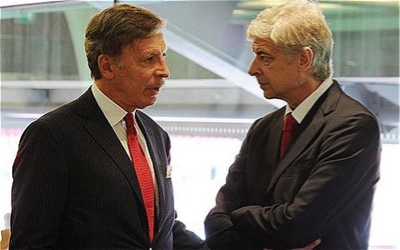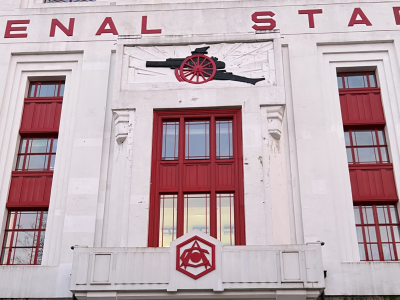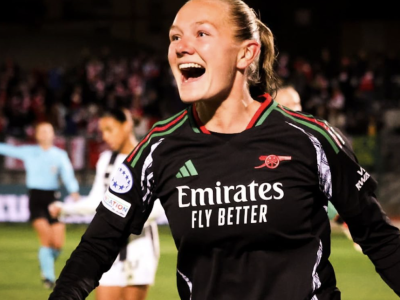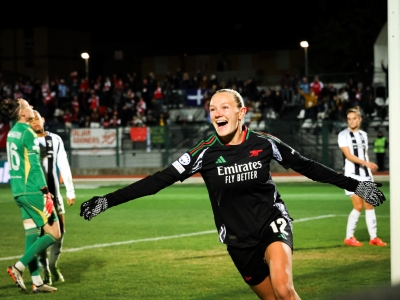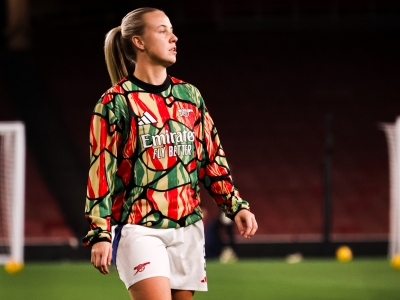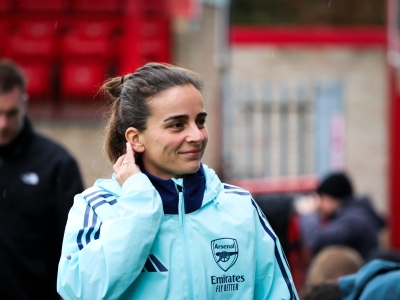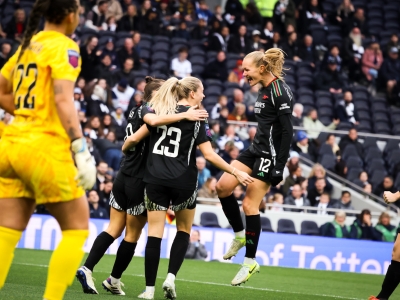Dear Stan
(I hope you will excuse the familiarity, Mr Kroenke, but this is football, as we call it in England, and we like our first names)
You’ve got a problem. On the pitch and off it. On it, the results don’t leave much room for misinterpretation. Off it, it’s difficult to tell the scale of it. The dissonants make a lot of noise (you only have to read the comments on every post that appears on this and other websites, as well as most of the posts themselves), but – to the best of my knowledge – there has been no scientific poll of Arsenal supporters’ views and intentions. The unused seats at the E******s should, however, be a pretty clear indication that the off-pitch problems go deeper than the rantings (as your advisers will no doubt characterise them) of a dissonant minority.
We don’t expect you to be a passionate Gooner. Living, as I now do, on your side of the Atlantic, I understand and respect the concept of sports ownership that is motivated more by financial benefit than sporting adherence. But you are too good a businessman, and too closely connected to the most powerful retail business in the world, not to know that damage to a brand can undermine even the most tested business model. And, make no mistake about it, the Arsenal brand is damaged. When you price a car higher than a Mercedes, and it sputters like a Skoda, the damage is incremental. At some point in time, the punters won’t buy enough of your product to enable you to pay the interest on the loans you took out to buy your controlling stake in the Club.
So, what do you do? Do you listen to your employees at AFC and take the long-term view that all will come right when FFP comes in and the construction debt is paid off? Or do you fly over, fire the manager, and hire someone new to run the football side of things? The chances of the latter are not great, while the odds against the former are, unfortunately, too low. Your history at Arsenal, and what the American tabloids tell us of your style of sports-franchise ownership in the US, suggest that, having agreed a business plan with your managers, you prefer to let them get on with it – an admirable trait when the plan’s objectives are broadly being met, but fraught with danger when, as now at Arsenal, the premises of the plan are being steadily invalidated.
It was said of the British troops in the First World War that they were lions led by donkeys. Now, I would not go so far as to describe the present Arsenal playing squad as lions, and I do not for a moment think that you, the manager and the chief executive are donkeys. But the fan base on whose allegiance your investment is ultimately dependent, is swept by an inescapable sense that the Club lacks leadership.
We do not know too much about you, Stan, despite the published information. To borrow Churchill’s well-known words about Russia in 1939, you are a riddle, wrapped in a mystery, inside an enigma. Churchill finished his observation “but perhaps there is a key. That key is Russian national interest”. Replace ‘national’ with ‘financial’ and the analogy is exact. However, what you perceive to be your financial interest, and how far your personal style will allow you to exercise true leadership, is the riddle of Stan Kroenke.
So, given that predictions as to what you will do are likely to be a waste of time, let me presume to offer you a suggestion – not original, not radical, and certainly not an instant cure.
As I said above, you’ve got a problem. My suggestion is that the specific steps you take are secondary to how your response is perceived. You need to give leadership, and from the front. There is no room in our predicament for a Duke of Plaza-Toro. Your audience needs first to hear you acknowledge that there is a problem. It needs to understand the strategy that the club is pursuing. The paying supporters need to understand why they are being asked to pay the highest admission-prices to watch a team whose standard has declined year by year since 2004. They need to understand what financial constraints arising from the move from Highbury still bind the player-acquisition policy. They want to know the role of Project Youth: is it truly an Arsène Wenger conceit, or is it born from the financial necessity of the new stadium? Above all, they want to know where the Club is going and what its ambitions are. And they want to know it from you, not from a manager whose loyalty to the Club is unquestioned, or from a CEO who is now irreversibly seen as a mouthpiece.
All of this may be uncomfortable for you, Stan. It may clash with your personal and business style. But you have a problem; some would even call it a crisis, and it threatens to blow a great big hole in your investment. Do not underestimate the seams of goodwill that lie under the surface of nearly all Gooners. That goodwill will respond positively to leadership communicated to them in an honest and open manner. They will give you time, and the benefit of the doubt, to fulfil a strategy that makes sense to them and that has been explained without doublespeak or BS. But, equally, do not forget that the English are the most bloody-minded people on earth. Take them for granted, or feed them with silence or half-truths, and your approach will come back and bite you in the a**e.

